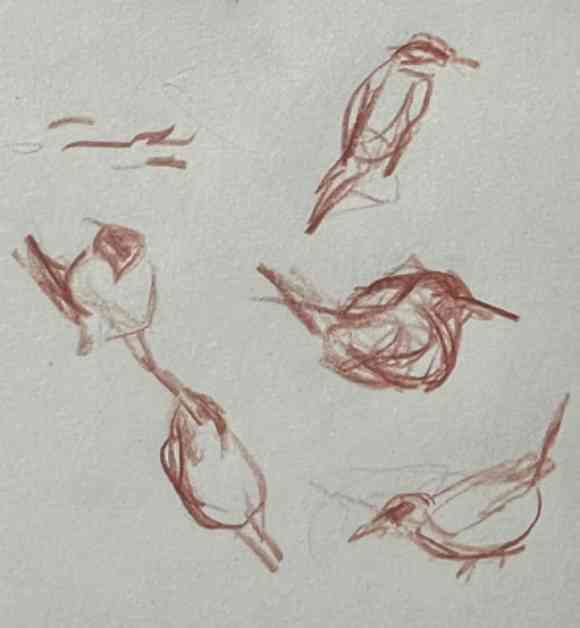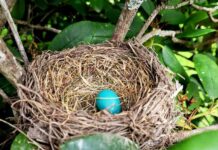Title: Rare Sighting of Carolina Wren in Montpelier Sparks Concern for Winter Survival
In a rare and heartwarming moment, residents of Montpelier were treated to the sight of a Carolina wren, a southern bird not typically seen in this region, perched at almost 900 feet east of town. This tiny brown bird, known for its beautiful and lively song, has been gradually expanding its range northward. However, the Carolina wren faces a tough challenge in surviving the harsh winter conditions of Montpelier.
Concerns for Winter Survival
Carolina wrens are non-migratory birds, meaning they do not travel to warmer climates during the winter months. Instead, they rely on a steady supply of food and water to survive the cold and snowy conditions. Without access to essentials like peanuts, suet, mealworms, and water, these wrens often struggle to make it through the winter. In extreme cases, they may perish if proper provisions are not available.
Importance of Bird Feeders and Heated Baths
To support the Carolina wrens and other wintering birds in Montpelier, experts recommend keeping well-stocked bird feeders and heated bird baths. These resources can make a significant difference in ensuring the survival of these delicate creatures during the winter months. By providing a consistent source of food and water, residents can help protect and preserve the local bird population.
Community Action and Awareness
As the Carolina wren’s presence in Montpelier captures the hearts of residents, it serves as a reminder of the importance of environmental stewardship and wildlife conservation. By coming together as a community to support these vulnerable birds, individuals can make a positive impact on the local ecosystem. Whether through setting up bird feeders in their yards or advocating for conservation efforts, everyone can play a role in protecting these precious creatures.
The Power of Nature’s Beauty
The sight of a Carolina wren in Montpelier not only brings joy and wonder to those who witness it but also underscores the fragility of nature in the face of changing environmental conditions. As we marvel at the resilience and beauty of these tiny birds, let us also reflect on our responsibility to safeguard the natural world for future generations. By appreciating and protecting the wildlife around us, we can ensure that moments like these continue to inspire and uplift us.
As we navigate the complexities of coexisting with wildlife in our urban environments, let us remember the impact that our actions can have on the delicate balance of nature. By taking simple steps to support and protect species like the Carolina wren, we can make a meaningful difference in preserving the beauty and diversity of our natural world. Let’s come together as a community to ensure that these charming birds continue to grace our skies and bring joy to all who encounter them.



















